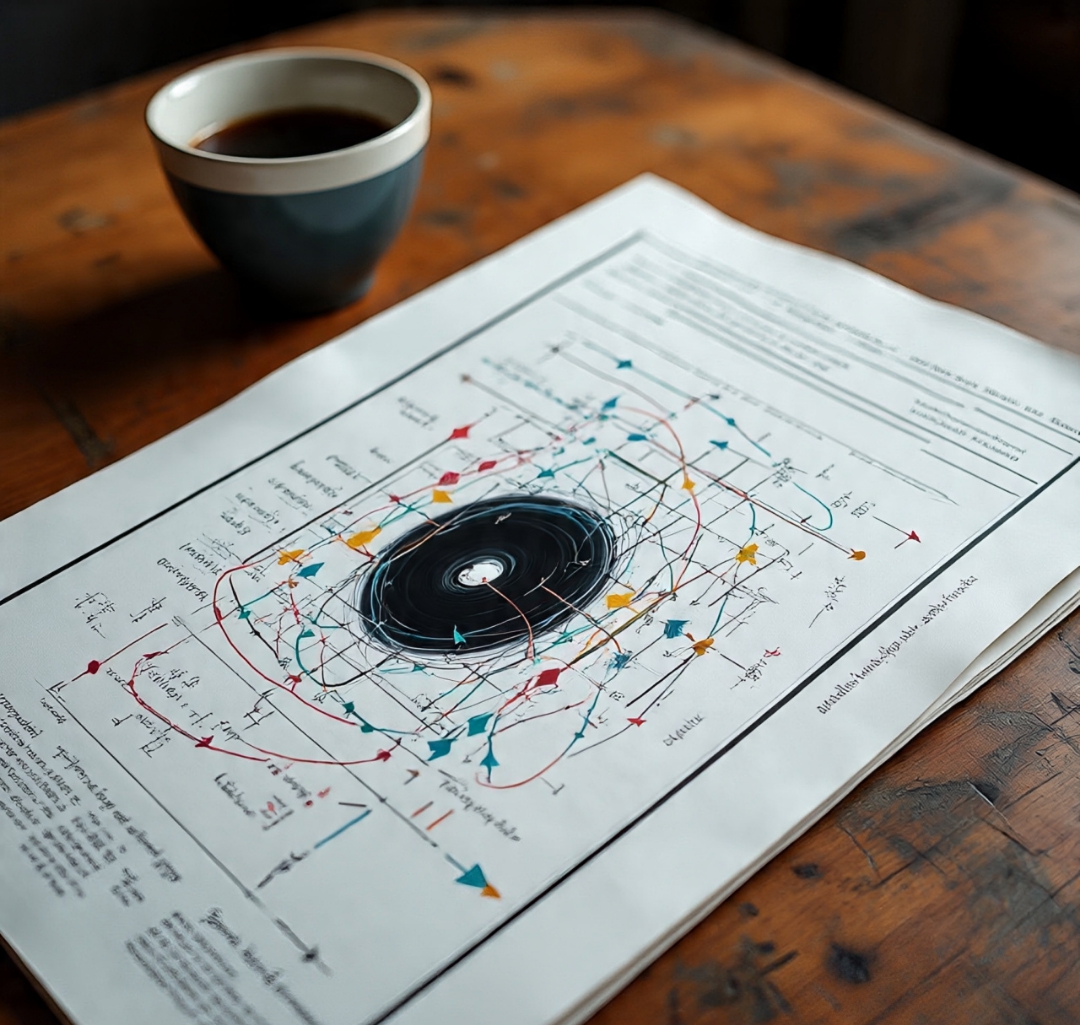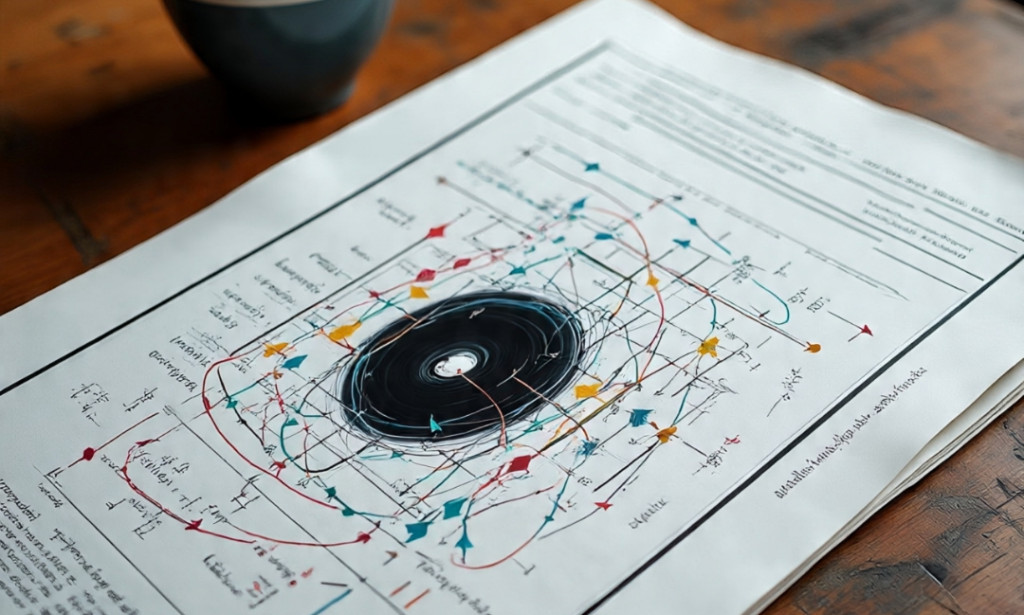Introduction

Time is one of the most mysterious dimensions of reality. We rely on it daily to structure our lives, measure progress, and make sense of change. Yet physics and cosmology have long struggled to define what time actually is. Is time fundamental, flowing independently of matter and space? Or is it an emergent property, born from deeper physical processes?
A new wave of cosmological models is now challenging the very fundamental nature of time. Some physicists propose that time may not be as absolute or universal as we assume—it may be emergent, cyclical, or even illusory. If these theories are correct, they don’t just revolutionize physics; they reshape our understanding of existence itself.
This article explores these bold new models, the evidence behind them, expert opinions, and the implications for science, technology, and even philosophy.
---
The Traditional View of Time in Physics
To appreciate the new cosmological models, we first need to understand how physics traditionally treats time.
Newtonian Time: Isaac Newton considered time as absolute, flowing at the same rate everywhere in the universe, unaffected by anything.
Einstein’s Relativity: Albert Einstein shattered this view in the early 20th century, showing in special and general relativity that time is relative—it dilates and contracts depending on speed and gravity. Time and space form a four-dimensional continuum: spacetime.
Quantum Physics: At microscopic scales, quantum mechanics complicates things further. Quantum states evolve probabilistically, raising questions about whether “time” is even a meaningful concept at the quantum level.
So far, physics treats time as either a dimension (like space) or a parameter used to describe motion and change. But new theories suggest we may need an even deeper rethink.
---
The New Cosmological Model: Time as Emergent, Not Fundamental
One of the most intriguing proposals in modern cosmology is that time is not fundamental but emerges from underlying physical processes.
1. Time from Entropy and Thermodynamics
The arrow of time—the fact that we remember the past but not the future—is tied to entropy, or disorder, in thermodynamics. The second law of thermodynamics states that entropy tends to increase, giving time a direction.
But some physicists suggest that time itself emerges from entropy. In this view:
* The universe began in a highly ordered state (Big Bang).
* As entropy increases, we experience the flow of time.
* Without entropy, there may be no distinction between past, present, and future.
2. Time as Emergent from Quantum Entanglement
In quantum mechanics, particles can become entangled, sharing information instantaneously across space. A radical model suggests that spacetime and time itself emerge from patterns of quantum entanglement.
This idea, rooted in the AdS/CFT correspondence (a holographic principle in string theory), implies that the familiar flow of time is not fundamental but a byproduct of deeper, timeless quantum interactions.
3. Cyclical Time Models
Another class of cosmological models suggests that time is not linear but cyclical. Instead of beginning with the Big Bang and ending in heat death, the universe may undergo endless cycles of expansion and contraction.
In such models:
* What we call the “Big Bang” may simply be the latest bounce in an eternal cycle.
* The flow of time is local and cyclic, not universal or unidirectional.
This challenges not only physics but also our existential sense of beginnings and endings.
---
Why Challenge the Nature of Time?
Why are cosmologists even questioning whether time is fundamental? Several unsolved problems drive this shift:
1. Quantum Gravity Problem: General relativity and quantum mechanics—the two pillars of physics—are incompatible. Reconciling them may require rethinking time itself.
2. Cosmological Singularity: The Big Bang model implies a singularity where time breaks down. A new model could eliminate this paradox.
3. Dark Energy & Cosmic Expansion: The accelerated expansion of the universe hints that our understanding of spacetime may be incomplete.
4. Black Hole Paradox: Inside black holes, the nature of time becomes bizarre—clocks slow, stop, or diverge. Understanding time differently may resolve paradoxes like information loss.
---
Expert Perspectives
Carlo Rovelli (author of The Order of Time): Argues that time is not fundamental but emerges from quantum processes and thermodynamic relations.
Sean Carroll (Caltech physicist): Suggests that the arrow of time is linked to entropy and that the universe may have a multiverse-like structure where different regions experience different arrows of time.
Julian Barbour (theorist): Proposes that time does not exist at all in a fundamental sense—what we perceive as time is merely change in the configuration of the universe, a “series of Nows.”
Roger Penrose (Nobel laureate): Advocates for conformal cyclic cosmology (CCC), where time is cyclical and universes follow one another in infinite succession.
These differing views converge on one message: time may not be what it seems.
---
Evidence and Clues from Observations
1. Cosmic Microwave Background (CMB)
Patterns in the CMB—the afterglow of the Big Bang—may contain hints of cyclical universes. Penrose has argued that concentric circles in the CMB data suggest remnants from previous cosmic cycles.
2. Black Hole Thermodynamics
Black holes emit Hawking radiation, losing mass over time. This strange thermal behavior connects quantum mechanics, gravity, and thermodynamics, hinting that time and entropy are deeply linked
3. Quantum Experiments
Recent quantum experiments show time symmetry at microscopic scales—laws of physics work the same forward and backward—yet our everyday experience is irreversible. This gap supports the idea that time emerges only at macroscopic scales.
---
Philosophical Implications
If time is emergent or illusory, the implications are profound:
Free Will: If the future already “exists” in some timeless quantum state, is free will an illusion?
Immortality: If time is not fundamental, notions of “beginning” and “end” may lose meaning, reshaping spiritual and philosophical debates.
Causality: Cause and effect may be context-dependent rather than universal.
This redefines not just physics, but how humanity perceives meaning and existence.
---
Real-Life Analogies for Accessibility
1. Music Analogy: Time may be like music. Individual notes exist, but the sense of flow comes only when we string them together. Similarly, the universe may consist of “nows,” and time emerges from their sequence.
2. Movie Analogy: Think of the universe as a film reel. Each frame exists simultaneously, but when played in sequence, we perceive the illusion of time flowing.
3. Thermodynamic Arrow: Like cream mixing into coffee, entropy ensures that processes have a direction, creating the illusion of time’s arrow.
---
Actionable Takeaways
For Scientists & Researchers
* Explore interdisciplinary studies linking quantum physics, thermodynamics, and cosmology.
* Invest in experiments that test time symmetry and quantum entanglement.
For Businesses & Innovators
* Anticipate the long-term impact of fundamental science on technology. Models of emergent time may influence future computing, AI, and even time-based encryption systems.
For Individuals
* Embrace curiosity: A changing model of time doesn’t just affect scientists—it challenges personal perspectives on life, meaning, and purpose.
* Apply “time relativity” to mindset: Recognize that change and perception shape how you experience time daily.
---
Looking Ahead
The next decades may bring a revolution in our understanding of time:
* New cosmological data from telescopes like James Webb may test cyclical and emergent models.
* Advances in quantum computing could probe the relationship between entanglement and time.
* A successful theory of **quantum gravity** may rewrite time’s role in physics altogether.
As Sean Carroll puts it:
> “We don’t yet know what time is—but solving that mystery may be the key to understanding the universe itself.”
---
Conclusion
The new cosmological model that challenges the fundamental nature of time is more than an abstract theory. It’s a profound rethinking of reality. Time may not be absolute, but emergent, cyclical, or even illusory.
This paradoxical view doesn’t weaken physics—it strengthens it by unifying quantum mechanics, relativity, and cosmology under a deeper framework. For humanity, it forces us to confront profound questions about causality, existence, and meaning.
As history shows, revolutions in science often start with radical ideas that challenge common sense. If time itself is not fundamental, then the very fabric of our reality is due for reimagination. The coming decades could reveal not just how the universe works, but also what it truly means to live in time—or perhaps, beyond it.


You must be logged in to post a comment.